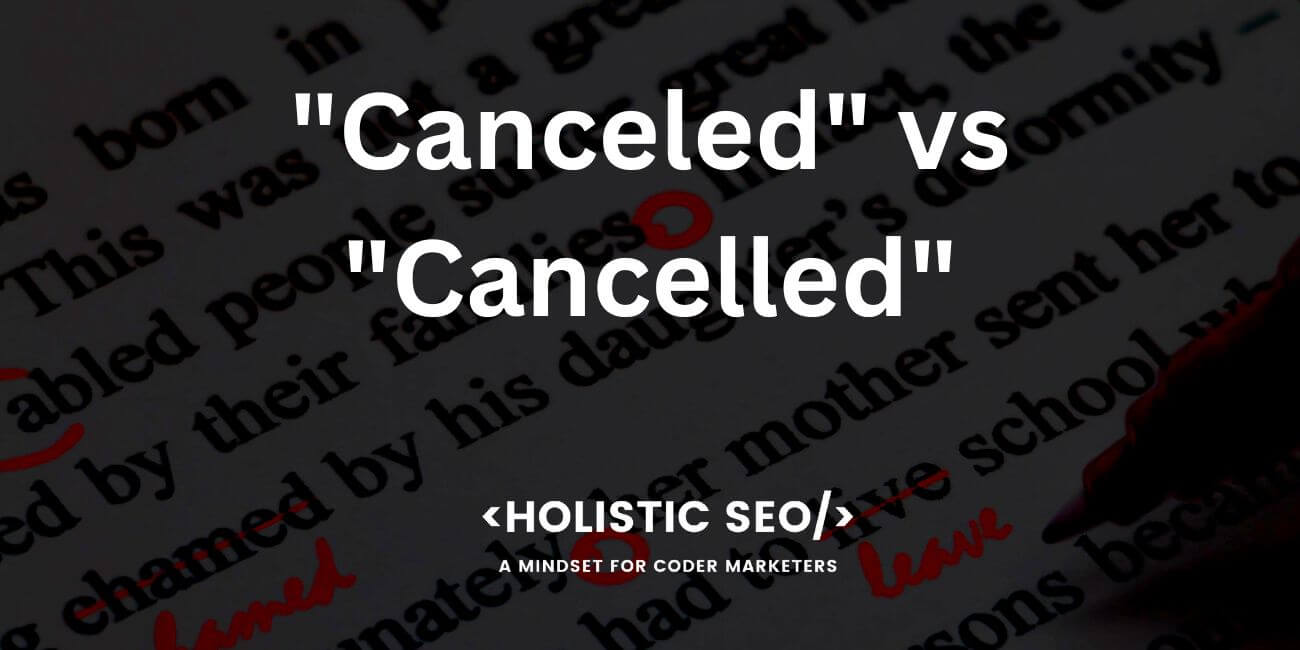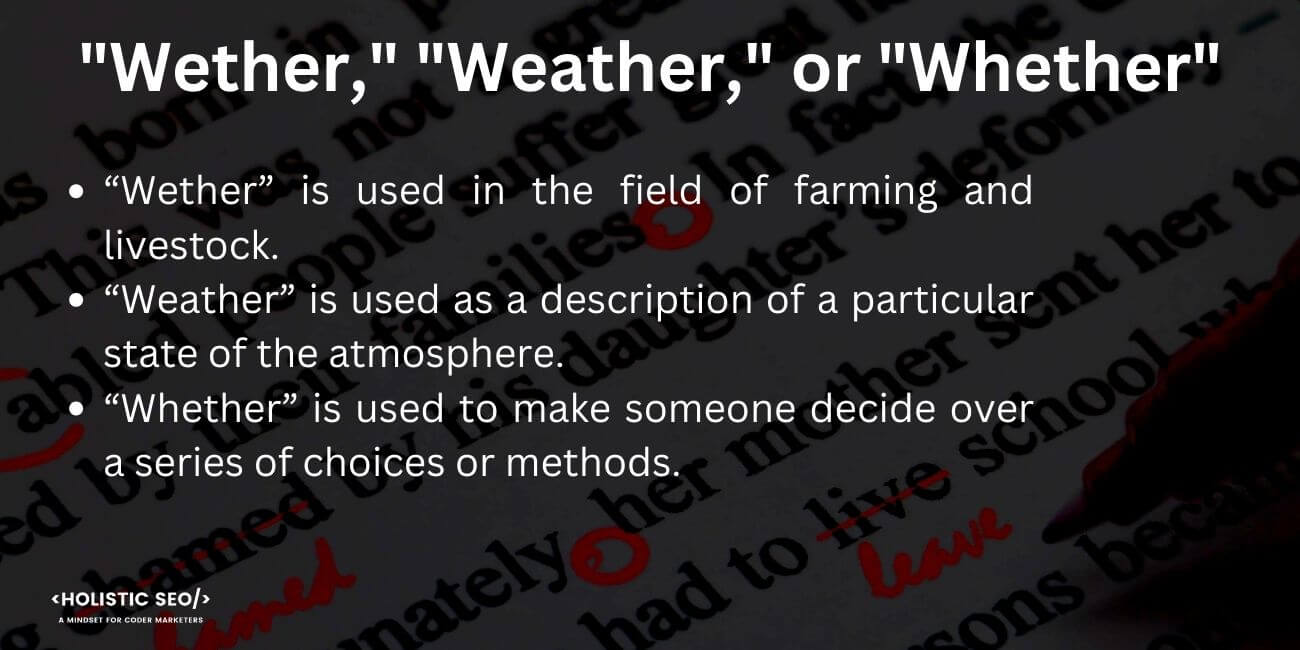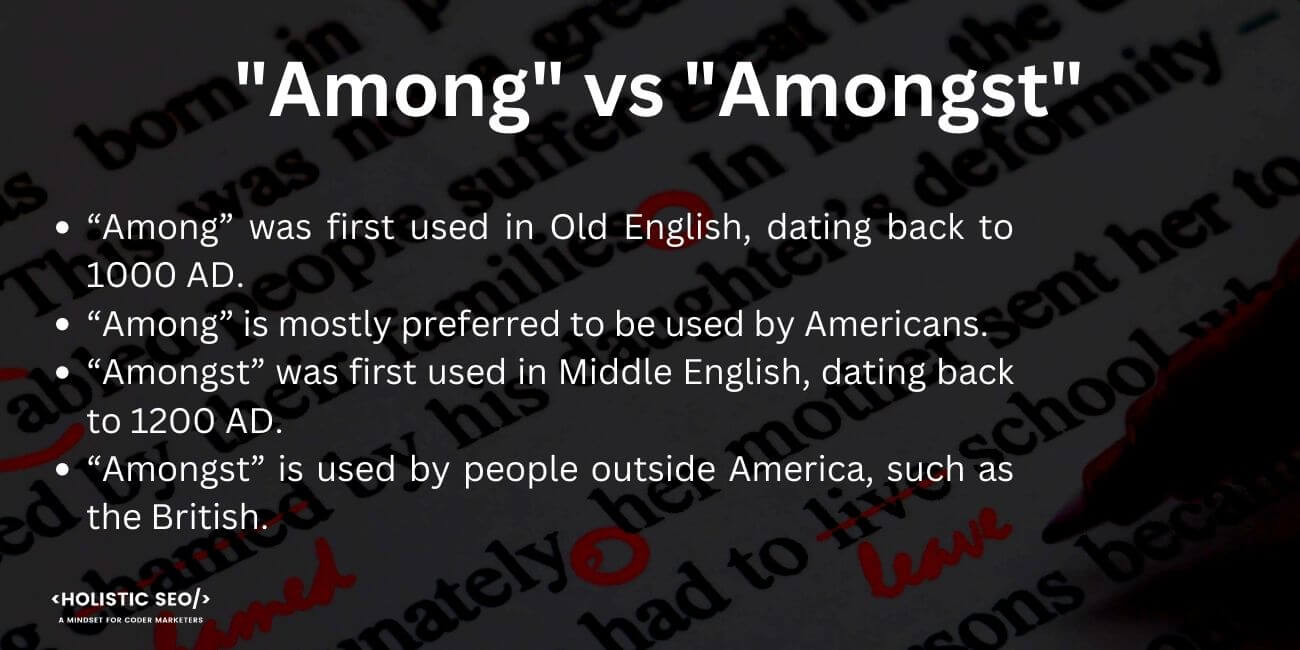“Cancelled” vs. “Canceled has the same meaning. Oxford Dictionary defines the two words as the term used to indicate “when something did not happen or occurred.” However, “Cancelled” and “Canceled as a whole new other meaning if they are used along with a name of a celebrity, public figure, or “get.” The sentence means that someone, the subject, or the one being “canceled,” has stopped receiving support from the public when used with those words. “Cancelled” is more often used in British English, while “Canceled” is used in American English. The reason for the one-letter distinction was that Noah Webster, author of Merriam-Webster, simplified the English words adapted by the North Americans when the Britains colonized them. The word is spelled C-A-N-C-E-L-E-D in American English, while in British English, it is spelled, C-A-N-C-E-L-L-E-D. Moreover, the two words have the same pronunciation. They are both pronounced as “kan-seld.” The words came from the Latin word “cancelli” and “cancellare,” meaning “crossbars.” The term was derived from the Old French word “canceller,” a device used to delete something.
Canceled vs. Cancelled in American English
“Canceled” is more frequently used in American English. American English is the revised and simplified form of the words, eliminating the extra “L” in the “cancelled.” The fixed American English spelling was not fixed when the British colonized North America. Additionally, Noah Webster, a lexicographer and founder of Merriam-Webster, tried simplifying and shortening English words. For example, colour, flavour, neighbour, oestrogen, and plough become color, flavor, neighbor, estrogen, and plow, respectively. Therefore, the sentence “My sister prefers that flavour of ice cream on top of the other” becomes “My sister prefers that flavor of ice cream on top of the other.”
Canceled vs. Cancelled in American English Sentence Examples
Listed below are sentence examples of Canceled vs. Cancelled in American English.
- The concert was canceled due to heavy rain.
- The couple canceled their lunch reservation.
- I canceled my doctor’s appointment.
- The interview was canceled because the interviewer was not able to attend.
- The singer was afraid to get canceled.
- The guests canceled their order because they waited too long to get served.
- Flight BA2490 was canceled, resulting in many people getting angry.
- I canceled my credit card application to my bank.
- The quiz today was canceled because only a few students were present.
- The class was canceled because it was a national holiday today.
Canceled vs. Cancelled in British English
“Cancelled” is more frequently used in British English. British English is the longer form of the words with the extra “L” in the “canceled.” British English is known to always have an extra letter to their words. For example, aging, rumor, yogurt, behavior, and donut become ageing, rumour, yoghurt, behaviour, and doughnut, respectively. Moreover, British English does not only add additional letters but there are instances that it changes the spellings of the words or changes the placement of the letters. For example, analyze, gray, center, defense, and meter become analyse, grey, centre, defence, and metre, respectively. Instead of “In the culprit’s defense, he was at this house at the time of the crime,” one must write “In the culprit’s defence, he was at this house at the time of the crime”
Canceled vs. Cancelled in British English Sentence Examples
Listed below are sentence examples of Canceled vs. Cancelled in American English.
- The match has been canceled because the opponent did not attend.
- Our trip to Thailand has been cancelled.
- All flights to Singapore have been cancelled due to fog.
- The charity’s funding was cancelled.
- The classes were cancelled due to the rain.
- My mother has cancelled her take our order.
- I received an email that my online order was cancelled.
- The restaurant cancelled our reservation because we were late.
- She accidentally cancelled her flight booking.
- Due to prominent spam emails, he cancelled her subscription to the website.
What is the Difference between Canceling and Cancelling?
Canceling and Cancelling have a single difference; their spelling. “Cancel” is often used by Americans, while “Cancelling” is used by Britishers, Canadians, Australians, and New Zealander or Kiwis. Despite their different spellings, the two words share similar meanings. “Canceling” or “Cancelling” is defined by Oxford Dictionary as the “process of not allowing something to happen or take place.”
What is the spelling difference between Canceled vs. Cancelled?
“Canceled” and “Cancelled” slightly differ in their spellings. The distinction is only one letter, “L.” The first one has eight letters, C-A-N-C-E-L-E-D. Similarly, the latter has eight similar letters but an extra “L.” Besides the single-letter distinction, the two words are almost identical.
What is the Origin of Single-L Canceled in English?
The origin of the Single-L Canceled in English is when the author of Merriam-Webster, Noah Webster, tried simplifying the English words in 1828. The British adapted North Americans words and how they were spelled when North America was colonized by the British. Therefore, Samuel Johnson created a dictionary, A Dictionary of the English Language, in 1755. The British widely used the dictionary. However, Webster’s tried revising and simplifying these words. Thus, the birth of the well-known dictionary, Merriam-Webster. Noah tried simplifying as many terms as possible, such as removing double letters in the sentence and changing the spelling completely. Unfortunately, Noah’s effort in simplifying some words has not been accepted, like “tongue” to “tung.”
What is the Definition of “Get Canceled”?
“Get Canceled” has been widely used nowadays. Most of the time, “get canceled” is used for celebrities or any known public figures. “Get Canceled” is defined by Merriam-Webster as a way of “stop supporting” a person. Therefore, when a public figure, such as a celebrity or other famous people, gets canceled, they lose support from the public. The lack of support results in the public not listening to their music, watching their movie, or not buying anything related to them. Nowadays, there are a lot of known famous people who are getting canceled. The term “get canceled” or “get cancelled” started during the late 2010s and has been used up until now. The late 2010s started the “cancel culture,” wherein the public calls out a known persona regarding what they did or said that does not align with their beliefs and values.
How to use “Get Canceled” in American and British English?
“Get Canceled” is used in American and British English the same way, mainly because of their same meaning. The writers use “canceled” when the writer, company, or intended readers are Britishers, Canadians, Australians, New Zealanders, or Kiwis. One must indicate in the sentence the person that is being canceled to use the word. For example, “The singer got canceled because he said inappropriate things at the interview.” The sentence means that the singer stopped receiving support from the public as a consequence of what the singer said or did.
How to Use “Canceled” or “Cancelled” in SEO Content Writing?
“Canceled” or “cancelled” must be used appropriately in Search Engine Optimization (SEO) Content Writing. First, the writer must determine what message they want to convey to their readers. Although they both have the same meaning, the writer must still consider what meaning of “cancel” they want to use the correct helping words. “Canceled” or “Cancelled” on its own means “preventing something from happening or occurring.” However, using the word with other helping words, such as “get” or the name of a known public figure, the sentence means that someone stopped receiving support. The content writers must be aware of the correct usage. Despite “Canceled” and “Cancelled” being both correct, they have the proper usage. Grammatical errors like incorrect spelling and usage of words in writing change what authors want to convey unintentionally. It delivers a different meaning to the reader. Additionally, a word with the wrong spelling conveys unprofessionalism when a word is misused in a sentence. Incorrect grammar disturbs the flow of one’s writing as it affects the user experience of a reader and causes misinformation. It gives the impression that the author is not knowledgeable, skillful, or credible enough to write high-quality content.
What should Content Writers know about “Canceled” vs. “Cancelled”?
Content writers must know what company they are working for or who their intended readers are in using “cancel” and “cancelled.” Content writers working for a company from Great Britain, Canada, Australia, or New Zealand must use “Cancelled,” mainly because most of their readers and their intended readers are from these countries. The readers would not be confused if the content writers used “cancelled” instead of “canceled.” On the other hand, content writers must use “canceled” if they are working for an American company.
Why does American English differ from British English for the “L” count in the “cancel” word?
“Canceled” differs from “Cancelled” as it only contains the single “L.” The reason is that the word “cancelled” was simplified in 1828. The term spelling no longer contains the extra “L.” Nonetheless, the word “cancel” has the same orthography in American English vs. British English.
What are the other confusing phrases besides “canceled vs. cancelled” in English?
Listed below are other confusing words besides “canceled vs. cancelled.”
- To vs. Too: “To” is a preposition used after a noun or pronoun as it highlights the connection to the following words or elements, such as verbs. On the other hand, “Too” is used to explain or elaborate on a verb, adjective, adverb, or phrase; it is an adverb. The words “To” vs. “Too” are mistakenly mixed by people in the sentences because they think these two have the same meaning and purpose.
- While vs. Whilst: “While” vs.“Whilst” is among the few most misused English words. The words While” and “Whilst” have different spellings, but have similar common meanings. “While” is used as a noun, verb, conjunction, or preposition in a sentence. On the contrary, “Whilst” is used only as a conjunction or preposition. Moreover, “While” is commonly used by Americans, while “Whilst” is used by Britains.
- Labeled vs. Labelled: “Labelled” and “Labeled” share the same meaning. The words “Labeled” and “Labelled” are both correct but are used interchangeably for different readers. It describes a piece of written or printed matter, when used as noun, that is included with an object to provide classification or other details. The word refers to defining or classifying with or as if with a label when used as a verb. The only difference between the two words is that “Label” is used by Americans, while “Labelled” is used by Britains.
- Colour vs. Color: “Color” and “Colour” have the same meaning. It refers to the aspect of an object that one sees when light is reflected off it. The words “Colour” and “Color” are both correct but are used interchangeably for different readers. The distinction between Color and Colour is that the first word is the American English spelling, and the latter is the British English version.
- Center vs. Centre: “Center” and “Centre” refer to the stationary point between a pair of drafting compasses, the “center” of a circle. Just like “canceled” and “cancelled,” the two words have the same meaning but differ in spelling. The words “Center” and “Centre” are both correct but are used interchangeably for different readers. “Center” is used by Americans, while the Britains use “Centre.”
- 48 Online Shopping and Consumer Behavior Statistics, Facts and Trends - August 22, 2023
- B2B Marketing Statistics - August 22, 2023
- 38 Podcast Statistics, Facts, and Trends - August 22, 2023


